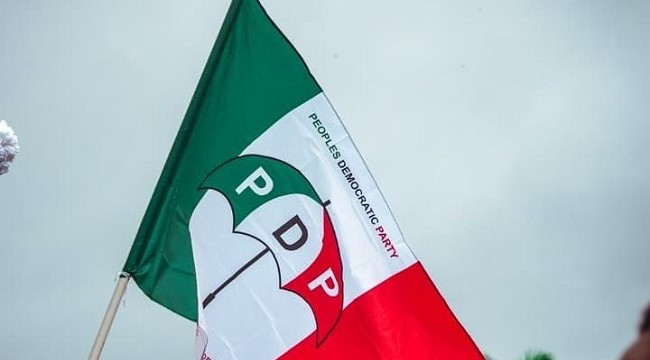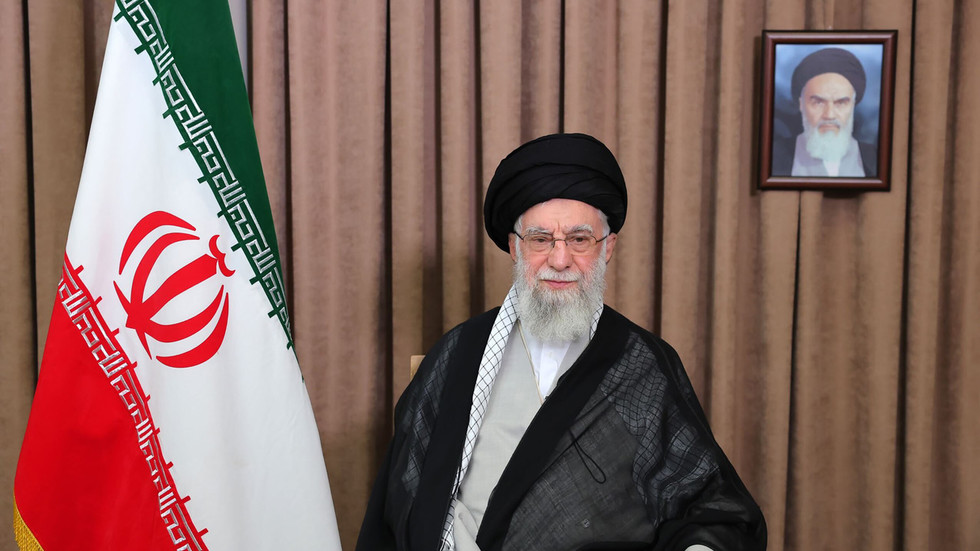As the current crisis continues to escalate between Israel and Palestine, the international community finds itself at a crucial juncture. The United Nations’ failure to effectively intervene in the conflict has raised serious concerns about its future relevance and effectiveness. Meanwhile, Israel’s actions have placed its moral credentials in jeopardy. With streets filled with outrage, the world’s major powers are playing a dangerous game of chicken.
The situation prompts an urgent conversation about how much longer the rest of the world will stand idly by as western Europe, along with their settler counterparts, wreak havoc on the planet. There are two pressing risks that demand attention.
Firstly, there is a real danger that the rollercoaster journey of the past 500 years may end in a catastrophic explosion in the Middle East or central Asia, as nuclear weapons become part of the equation. Secondly, there is a general deterioration in the quality of human life worldwide due to the destruction of our planet.
The history of Europe is riddled with wars, as the continent has spent more time engaged in conflict than in peace over the last 300 years. The Middle East has been an extension of this reality, particularly since the demise of the Ottoman Empire, where the dominant global powers of the time, Britain and France, sought to lay claim to the region’s strategic resource – oil. In more recent history, the United States took over as the main player in the Middle East following the exhaustion of western European powers after World War II.
The failures of the League of Nations in the lead-up to World War II bear striking similarities to the current challenges faced by the United Nations. The League’s inability to effectively address the Italian invasion of Ethiopia in 1935 undermined its credibility and set the stage for the subsequent global conflict. Similarly, the UN’s longstanding failure to mediate and resolve conflicts in the Middle East, particularly the Israeli-Palestinian question, has eroded its authority and allowed for the current escalation of violence.
One glaring example of this failure is the United Nations Relief and Works Agency (UNRWA), which was established in 1949 to assist Palestinian refugees. Over seven decades later, it is still operating in various locations, attending to the descendants of those displaced persons. The continued existence of UNRWA highlights the fundamental failure of the UN’s mission.
The current crisis traces its roots back to the Oslo Accords in 1993 and 1995, which saw the Palestine Liberation Organisation (PLO) recognize Israel’s right to exist. This move undermined the justifications for the over-policing and occupation of Palestinian territories. However, the reciprocal acknowledgement of Palestinian rights never materialized, and the occupation continued in violation of the Accords. Washington’s unwavering support for Israel at the United Nations shielded the nation from accountability and rendered the PLO impotent. The subsequent rise of Hamas further complicated the already volatile situation in the region.
If the United States’ unwavering support for Israel eventually leads to the collapse of the United Nations, America may find itself burdened with the aftermath it can no longer handle. This scenario could mark the formal end of American global dominance.
The region finds itself in a precarious situation, with various actors playing their own games. The United States’ real target in this crisis may be Iran, which would not be the first time. Turkey, as a NATO member and significant regional power, holds considerable influence and will play a pivotal role in the unfolding events. Russia, with its alliance with Iran and military bases in Syria, will likely respond if its interests are threatened. The neighboring Arab countries, grappling with their own internal issues, face the challenge of containing the mounting anger of their populations in the face of the ongoing violence in Gaza.
Within Israel itself, the government’s policies are facing increasing scrutiny from a younger generation that is more connected to the world through social media. The long-standing support from the United States, which has provided significant military aid, could also be in jeopardy if America decides to renew its alliances with Arab powers.
The plight of the Palestinian people, historically marginalized and cast aside, is once again at the center of a conflict where global powers are vying for control and influence. However, this time, a different dynamic is at play, as previously marginalized peoples around the world begin to assert their own agendas. The refusal of world powers to adhere to their own rules may lead to another global conflict, with dire consequences.
The current crisis serves as a stark reminder that history has repeatedly shown the Palestinian people to be the ultimate victims, left to bear the brunt of the geopolitical games being played by powerful nations. As tensions rise and the situation worsens, the world must come to terms with the fact that the fate of the Palestinian people hangs in the balance, and their voices must be heard amidst the mounting chaos.
[Author bio: Kalundi Serumaga is a renowned political activist, cultural critic, and native researcher based in Kampala. With a lifelong commitment to amplifying Native African voice and values, he remains deeply engaged in shaping public and community life. His writing and insights can be found on Patreon as Kalundi Serumaga.]
![spiritual attack nigerian actor okemesi homeless seeks help 'I'm sick, homeless' - Actor Okemesi cries for help [VIDEO]](https://mediatalkafrica.com/wp-content/uploads/2026/02/xSpiritual-Attack-Nigerian-Actor-Okemesi-Homeless-Seeks-Help-768x1024.jpg.pagespeed.ic.65RX7EQtOf.jpg)


